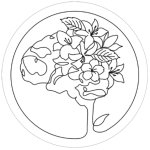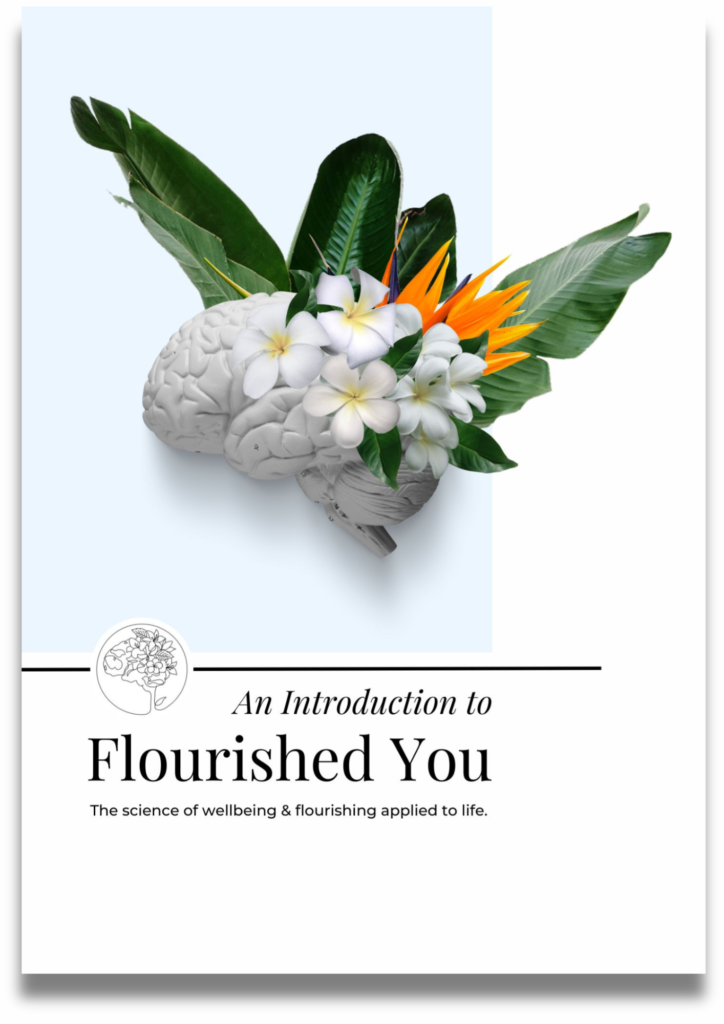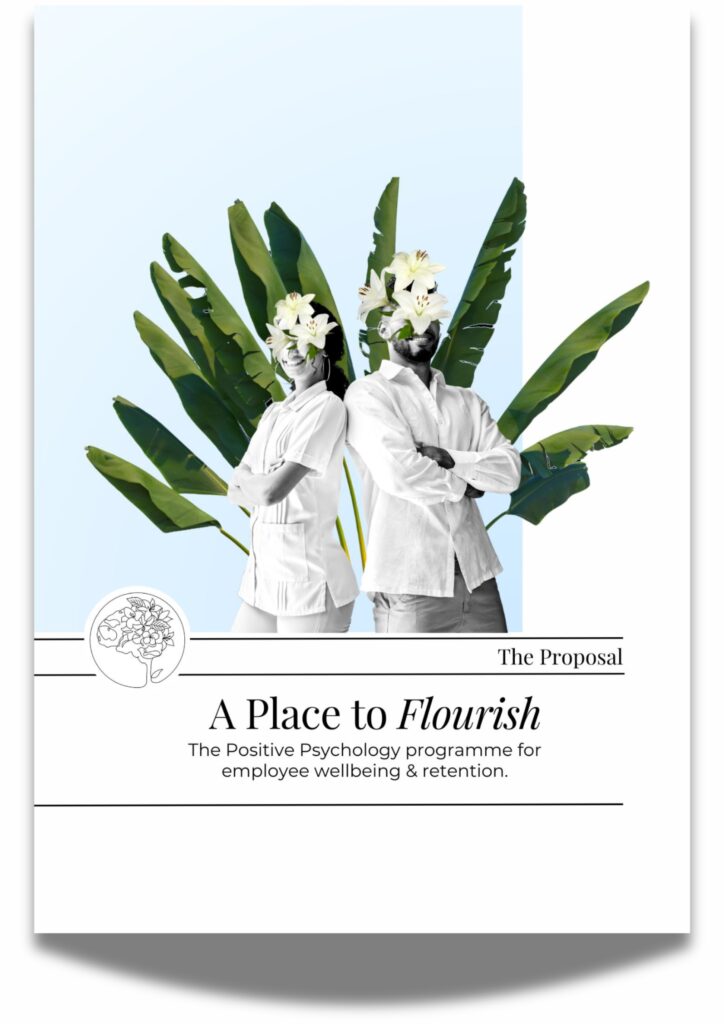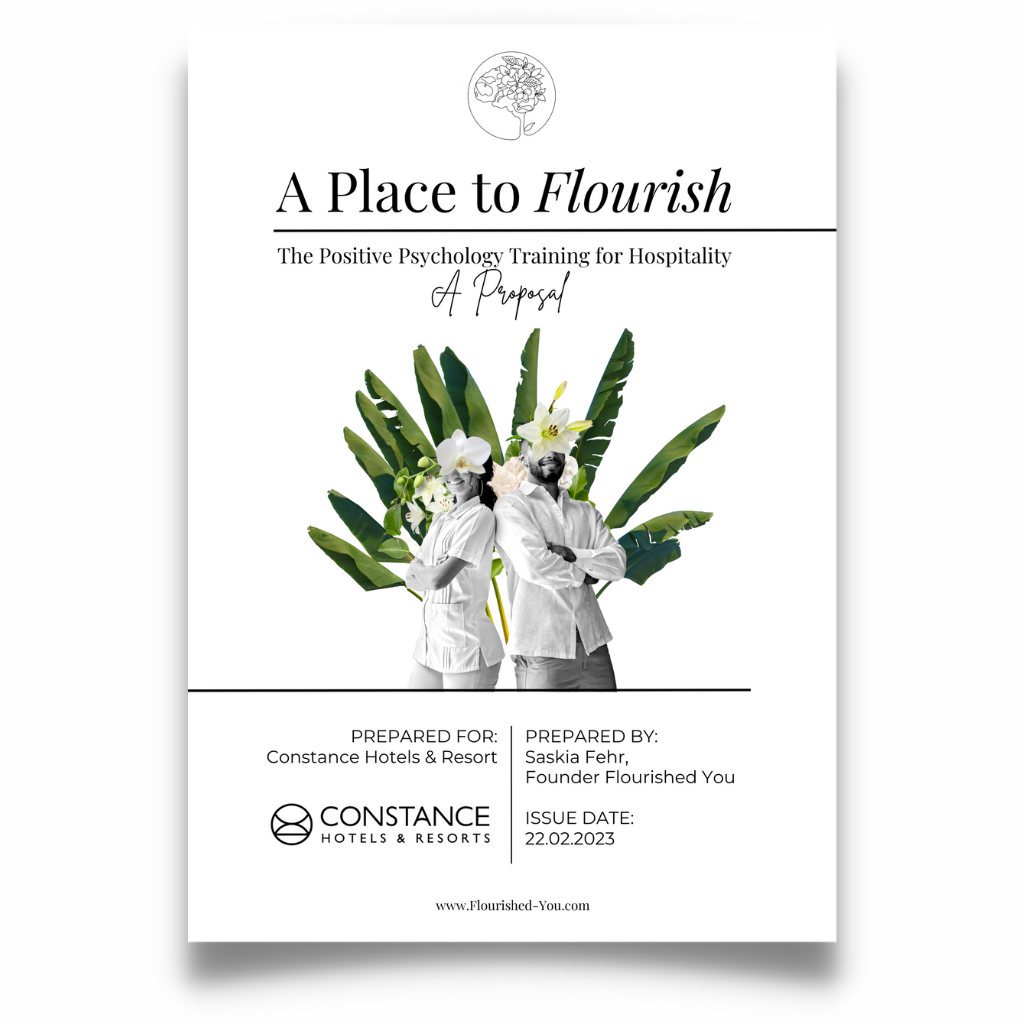The Article at a Glance
-
- Stoicism dates back to the Greek philosophers of 3rd century BC Athens, but it is just as relevant today as it was then.
- From stoicism, we learn that we cannot control external events so we should turn inward and work every day to become more virtuous.
- We can bring the principles of the stoics into our everyday life by investigating our personal strengths.
- The acknowledgement of finiteness and the comparatively short time we have on this earth is a core stoic insight that helps us live a meaningful life.
- Journaling is a valuable tool that helps with self-exploration.
In a world of populism, self-presentation and social comparison, perception and behaviour often revolve around the external. The external, however, is not within our power. Accordingly, true fulfilment is often found in mindfulness, the practice of discipline and an awareness of what is within personal control and what is not. This brings us to the principle of Stoicism.
What is Stoicism?
Stoicism is a branch of Hellenistic philosophy, founded in the 3rd century BC in Athens. It was most famously practised by Seneca (a statesman and dramatist, c. 4 BC – 61 AD), Epictetus (a slave who became a lecturer, c. 50-135 AD), and Marcus Aurelius (Roman Emperor, 161-180 AD).
To summarise the main thrust of stoicism, let us turn to the words of modern-day philosopher Nassim Nichols Taleb, who described a stoic as someone who:
“transforms fear into prudence, pain into transformation, mistakes into initiation and desire into undertaking.”
This philosophy asserts that we cannot rely on external events to go our way (because we do not have control over them), and we, therefore, need to focus on improving ourselves and our responses to such events. We must continuously strive towards virtuous behaviour.
But how does all this translate into practical actions?
What you can learn from the Stoics:
Take a good look at yourself.
Identifying character strengths and integrating them more effectively into daily life is an important step towards self-discovery. This can lead to powerful and revealing insights into inner resources. It is crucial to realise that the development of character strengths is in our own hands and that it is beneficial for our personal growth to work on understanding and using them better.
Focus on the here and now.
The Stoics placed great emphasis on memento mori – the reflection on one’s own mortality. But this Stoic approach is the opposite of morbid. It is motivating. Often the procrastination, anxiety and lack of focus that plague people is a direct result of having spent a lifetime pretending that we are here forever.
“You could leave life right now. Let that determine what you do and say and think”
– Marcus Aurelius
Fall in love with journaling.
From a Stoic perspective, journaling is the favoured way of self-examination. It encompasses a wide variety of approaches. For example, it could be argued that the best-known gratitude intervention called the ‘three good things’ exercise, is also a form of journaling. But you could go deeper than that. As great as it is to analyse what went well and what you did to make that happen, ask the question ‘where did I fall short today?’ to reflect on how you can take ownership and do better for the people in your life.
There are many other ways that Stoicism informs coaching and daily life, but these should be enough to get you started. As nice as it is to dream big and want to save the world, Stoicism reminds us of the humility needed to start by changing our inner world. We have a very small amount of time on earth (just four thousand weeks), and such little control over how things actually unfold. Wherever you are on that journey, Stoicism has the potential to inspire you to live on more wisely and virtuously.
References
-
- Burkeman, O. (2022). Four thousand weeks: time management for mortals (Vintage).
- Holiday, R. (2015). The obstacle is the way: The ancient art of turning adversity into opportunity. (Profile Books).
- Seligman, M. (2011). Flourish (Nicholas Brealey Publishing).
- Taleb N. N. (2013). Antifragile: Things that gain from disorder (Penguin).







